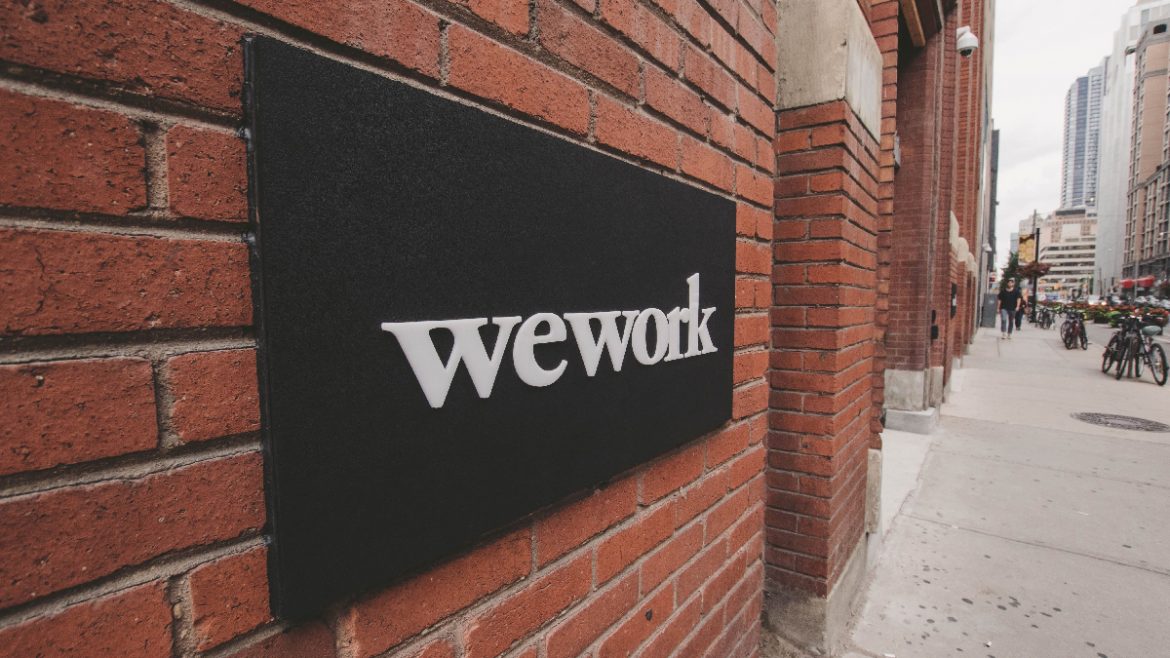Adam Neumann will step down as the WeWork CEO as part of a company clean up process to get it in shape for its IPO.
WeWork is one company that can’t seem to get enough attention in the media. The start of the year 2019 and prior years proved to be an excellent time for WeWork as it expanded and continued to serve more co-working clients all while running at a loss. The co-working giant was valued at north of $40 billion.
Things have started to change for the company, and most investors are bearish on this real estate firm.
Media sentiment started turning more negative toward WeWork when it tried to go public at a remarkable valuation despite its vast losses and lack of profits.
The troubles WeWork faces are essential to realize as it might show resilience and rationality in the public markets.
New companies to go public like Uber, Lyft, Slack, Pinterest, and others haven’t fared too well. They too were (and still are) unprofitable companies. While one can argue that these companies provide significant value to users, providing them convenience in transportation or progress in house communication, it is essential to note that firms that can’t capture value (especially, if public) can be a strain on long-term investors.
Indeed, Uber (down 30%), Lyft(down 41.54%), Slack(down 40%) others’ share prices have declined significantly, expressing further rationality in investor appetite and decision making.
WeWork
Reality hit WeWork when it tried to go public. The company has been trying to fix many issues to see if it can get back on track with its initial public offering. Public investors weren’t too happy with the way the company ran its operations and how its leadership conducted business.
WeWork’s private investors are listening and are trying to shake things up at the company. Softbank and others have started to clean up the company’s governance process. Further, its private investors thought about and have now removed the current CEO, Adam Neumann.
Softbank owns more than 20% of WeWork and is interested in keeping the company stable.
It is in this context, and the macro-economic backdrop of recession fears, global slowdowns, and trade war tensions that WeWork hoped to go public.
Unfortunately for its investors, stakeholders, and employees, WeWork got slapped by the invisible hand of the markets.
The problem with WeWork is not that it can’t attract tenants, businesses love its spaces, and the company is increasing its corporate contracts to have more long-term stability. Its that it is growing at a rapid clip and continues to expand all over the world.
The company has space in most prominent cities, has an investment arm called ARK, and a variety of investments and ventures that range from co-living areas to wave pools.
It will be interesting to see how WeWork fixes issues in its business model and improves its economic outlook to appeal to public investors. Additionally, changes such as this show that the market hasn’t completely lost its mind in the context of easy money.

1 comment
[…] Stocks […]
Comments are closed.